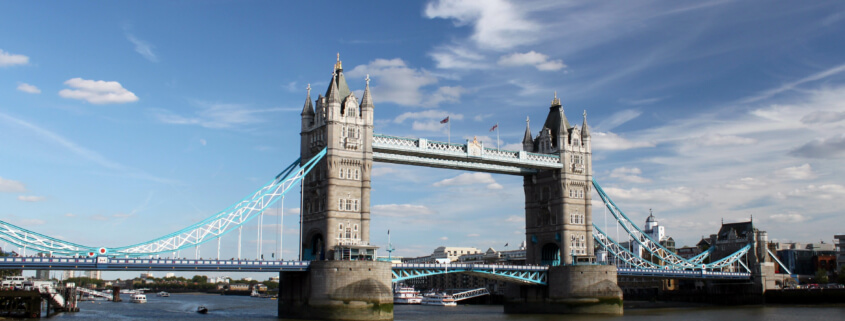Humble heroism for the end of the Brexit saga
With a looming no deal scenario after the Brexit transition period, CEC European Managers calls for intensified efforts to ensure future relations stand on firm ground. While respecting the citizen’s vote on Brexit, policy-makers at both sides of the channels should be aware about the detrimental effects of a no deal – in terms of multilateralism, trade and future partnership. At a time where multiple crisis hit the world, including the EU and the UK, growing isolationism seems rather anachronistic when considering that bold and united action is needed now.
The window of opportunity is closing quickly at the final phase of the long Brexit negotiation process. Unresolved issues such as fishing rights, a level playing field in all policy fields (from trade to social rights, from environmental legislation to taxation) and the legal enforcement mechanism may lead to a no deal outcome. Managers on both sides of the channel warn that such scenario will have incredibly negative impacts, adding uncertainty to an already rather precarious global context.
Ludger Ramme, President of CEC European Managers, comments: “ The respective UK and EU positions seem to have stiffened in a way that risks undermining any serious attempt to get us both out of this conundrum. From political calculations to aggressive tactics to avoiding the risk of ‘losing face’ – the Brexit looks like a drama. As managers, we insist on focusing on opportunity, a humble and direct negotiation process, as well as personalized leadership.”
While much has been said about Brexit, and positions seem polarized as never, looking back to a common theatrical tradition could serve as metaphor for the Brexit process.
The Brexit saga risks being read as a European leadership tragedy in five acts. First, the Brexit mandate was unclear. ‘Yes or no’ are not sufficiently sustainable answers to rebuild a political and economic model. Second, rigidity in positions and lacking listening skills. Third, the inability to create a common post-Brexit vision. Fourth, ignoring cousin challenges of geopolitics, climate emergency and corona. And fifth, the choice of the negotiator to put an end to the drama – or not.
Whatever the outcome of this process will be, courageous leaders need to start thinking already about the future. Building the ground for a mutually beneficial UK-EU relationship may be a long road. What’s sure is that a strong sense of responsibility and leadership will be the basis for any political endeavor in this respect.



